Today, companies try harder than ever to keep you loyal to their brand, and don’t want you thinking about how they do business. With flashy social media accounts, and brand personalities meant to make you feel like they are part of the family, the distraction game of today’s marketing experts is on point. Of course, with the internet culture of today, the companies almost have to have a constant positive PR presence, as they never know when things we won’t like about how they do business may end up on the internet. In today’s article, we will go over 10 examples of just that.
10. You Can Count Cards At A Casino But They Can Ask You To Leave
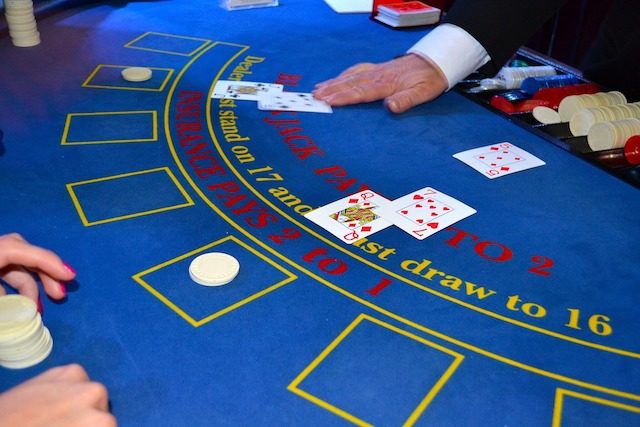
It feels like every movie about Las Vegas, like The Hangover, ends up having a team of people conspire to count cards and take a casino for a lot of money, and viewers often come away with the mistaken impression that counting cards is illegal. Now, if you are working with a team of people then, yes, they can have you legally prosecuted. However, you cannot be punished for what you do inside your head. Unfortunately, they also reserve the right to refuse to do business with anyone, and if they realize what you are doing, they will kick you right out.
While some may wonder how they can find out that you are counting cards, they are simply really, really good at what they do. They have cameras on everything, and experts at playing cards watching the tables to keep an eye on people who are on a hot streak. If they aren’t trying to legally prosecute you for using friends or electronic aids, but just kick you out, they don’t need proof. They just need suspicion, and then they can ask you to leave.
9. Best By Labels Have A Ton Of Leeway
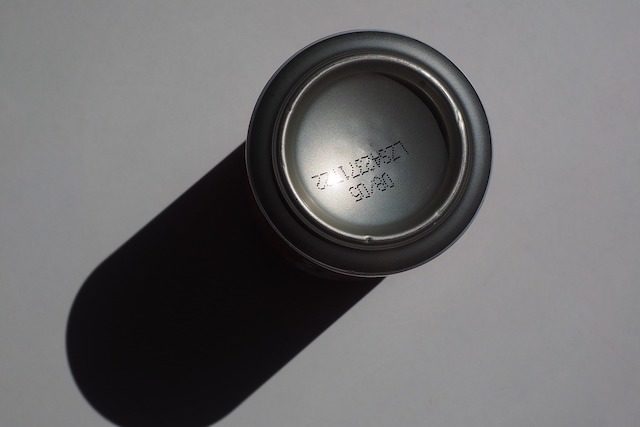
Many people think of “best by” and other such labels on foods as something that actually means anything. And while it does mean something, it certainly doesn’t mean what most think it does. Grocery stores don’t really have that solid a legal guideline telling them what is or isn’t a spoiled egg, loaf of bread, etc. Instead, they are sent manufacturers’ suggestions about peak freshness, and the store often passes that suggestion on to you. Sometimes, in order to avoid waste, they will change dates on certain products where this is an option and move them forward.
This may seem deceitful, but it is perfectly legal. As long as they aren’t selling anything moldy or rotten, they are only hurting their reputation by selling slightly lower quality food, but are unlikely to hurt anyone. This is because “best by” dates are designed with a lot of leeway in mind in order to maintain food safety. The dates are usually based on peak freshness, not on safe eating, so you can usually keep something several days (or sometimes much longer) based on the type of product, before it actually becomes unsafe to eat. Of course some businesses would prefer you didn’t know this, as you would probably throw less stuff away and not go to the store as often.
8. DoorDash Has Been Screwing Drivers Out of Tips
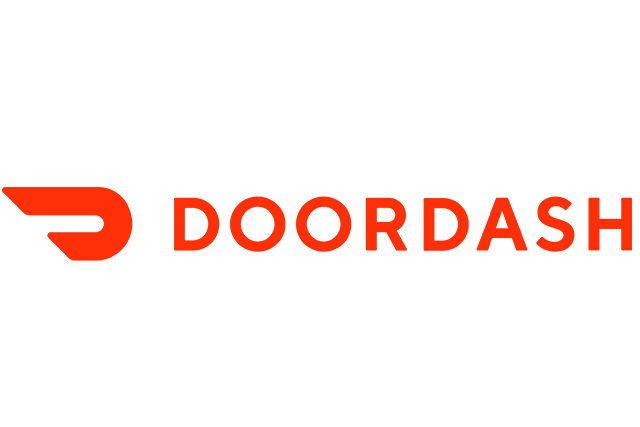
DoorDash is a relatively new service that works sort of like UberEats. Basically you download an app, pick out your favorite restaurant, select your order, pay through the app, and wait for your driver to arrive with your food. Of course, you probably already know this since they’ve, uh… been in the news recently. Anyway, near the end of paying it asks you if you would like to include a tip. Now, most people assume that all of a tip (barring possibly a small processing fee or percentage) goes directly to the individual who brought you your food. This is how tipping has been intended to work, at least in most American’s minds, for a very long time.
However, DoorDash hasn’t necessarily been giving all of that tip to the driver. Instead, they may be using part of your tip to pay their employees. Essentially, each order has a guaranteed “minimum” that DoorDash will pay the driver, based on factors like how long it is expected for them to go to get it, how long they will wait at the establishment, and the time and gas driving it to you. If you tipped $5 on you order and DoorDash had guaranteed a minimum of six dollars for the employee to deliver that order, then before paying the employee anything from their own pocket, they take that five dollars in “tip” from you and give it to the employee as part of their “minimum,” and then give them one dollar out of their own pocket to cover the rest. If you want to make sure a DoorDash driver gets fairly tipped, offer them a few bucks in cash. Fortunately, the company does seem to be moving in the right (and fair) direction with regard to drivers receiving their tips.
7. Manufacturers Can Distract You About Nutritional Information By Using Serving Sizes

More and more people are starting to look closer at the labels on their food, trying to fit things into specific diets like keto, paleo, or in general just trying to be healthy and watch what they eat. However, what some are now starting to realize is that you have to do a lot of calculating to figure these labels out, and sometimes it is clear they are trying very hard to deceive you. They way they legally trick people is to use serving sizes. Because there is no regulation on what roughly makes a decent serving size of a specific product, companies can use unrealistic serving sizes to make the fat, sugar, and calorie content look way lower than it is.
If the product is low enough in fat or sugar, and they make the serving sizes small enough, they can make it look like it is fat or sugar free. In certain cases, manufacturers don’t actually have to disclose it if the amount is below 0.5 (although there are a lot of exceptions, and the product does have to have a relatively negligible amount). In general though, it isn’t hard to trick people with legalese when most people don’t do anything more than skim the label and nutritional information in the first place. The FDA has recently considered revising the rules, but they are already backlogged with a lot of things to review.
6. Nearly All Hotels, No Matter How Fancy Or Expensive, Regularly Deal With Bedbugs
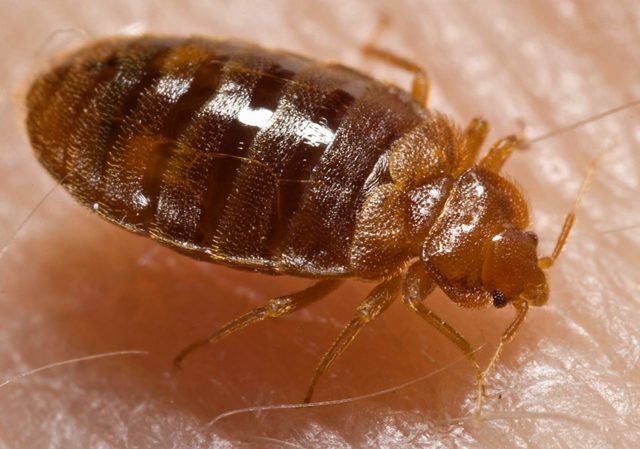
Most people now know that bedbugs are a huge problem in the world, and that when you travel, you can risk picking them up. Many people now carefully check their mattress when checking in to a new hotel; however, many people are also under the impression that the nicer hotels probably don’t have them. Some people also assume that if a hotel doesn’t have any reviews about bedbugs, that they have not had them before, and thus there is no risk. Unfortunately, the truth is that there is always a risk, and it is highly likely that even the fanciest and nicest hotels not only have had them, but still have them come back now and then when a traveler drops them off.
The truth is that bedbugs are not attracted just to dirty conditions and food left out (like roaches), but instead they just like people’s blood, so they can come with even the nicest business traveler, or vacationing, upper middle class family. And no matter how good the reviews, it is a high possibility your hotel not only has had to deal with them in the past, but there is a decent chance they could even have a room or two blocked off at this very moment because of the bloodsucking little monsters. A lack of bad reviews about bedbugs, or just the occasional one, does mean the hotel is dealing with the problem well. If you see no reviews about it at all, they are dealing with it very well, but they have probably still dealt with them.
5. No Trick Will Get You Extra Booze For Free At A Bar — Except A Bartender Liking You

Some people think that when they are visiting a bar they are being really clever with their sneaky drink orders. They will ask for “extra strong” or something similar, without actually ordering a double. Or they will order light ice, in the hopes that this will get them a lot of liquor as well. However, bartenders around the world have a lot of tricks for dealing with your drunken demands, and they are quite good at fooling you. Obviously, their employer wouldn’t be happy to have them serving extra expensive booze for free just because you told them too, but passive resistance is almost always the best option in customer service.
For this reason, it is important to understand that these tricks don’t work. If you order light ice, you just get more of your non-alcoholic mixer, so you get a drink with the same amount of alcohol that actually tastes weaker. If you ask them to “make it strong” they might put some booze in your straw so it seems super powerful. If they really like you, they might just pour you extra. The trick here is simply to be a nice, polite customer who doesn’t demand or ask for anything for free. And, if they don’t seem to pour extra and normally do just for you, don’t say anything or get offended — their manager may be watching, and you could ruin it for yourself permanently.
4. “Natural” And “All Natural” Are Unregulated In America And Mean Nothing On Your Label
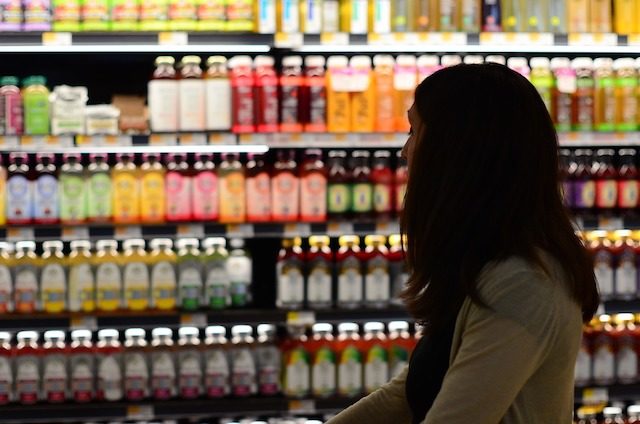
Many people today are starting to get worried about the processed ingredients and chemicals in their food, and as such they feel better when they buy “natural,” or even better “all natural” products from the grocery store. However, all they are really buying is peace of mind and a big fat placebo, because at least in the United States of America, those modifiers mean absolutely nothing at all — aside from the fact that the company you are buying products from thinks you’re stupid.
Everything in the world is natural, and also arguably all natural. Everything in the world is part of nature, and even arguably something cooked up in a lab came from natural ingredients, and is just a part of a natural chemical process, which is — again — part of nature. And this is a big reason the FDA hasn’t even bothered to legally define it. It means pretty much nothing and everything at the same time; it’s just a buzzword. Now, if it really meant that it had no ingredients that had ever been cooked up in a lab, this might mean something to some consumers, but it doesn’t mean that. It has no legal definition in the USA.
3. Nutritional Supplements Are Modern Snake Oil, And Sometimes Not Even What Is Labeled
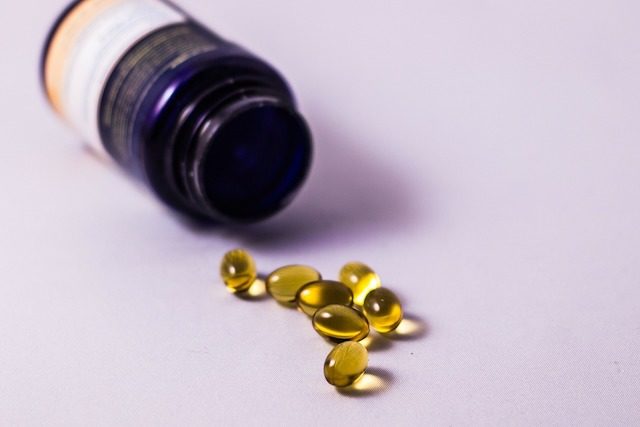
The nutritional supplement market is worth well over 100 billion dollars globally, and some experts believe it could rise above 200 billion in the next few years. Nutritional and dietary supplements of many different varieties are incredibly popular, and most grocery stores have a huge section for them in the health area. However, there are major problems with the entire industry, at least when it comes to the United States. The problem is that while the FDA regulates drug in such a way that they are considered unsafe until tested to be safe, they have an opposite and bizarre standard for nutritional supplements: they are actually considered generally safe until proven otherwise (although manufacturers must state that any health claims about their products have not been evaluated by the FDA).
This has put us in a weird area where grocery store shelves are full of them, but most have not been tested in any way for safety or effectiveness. Worse yet, when the FDA and others have inspected nutritional supplements, they have sometimes found things labeled incorrectly, or that only have some of the substance on the label, or have even been contaminated with heavy metals, pesticides, or other awful things.
2. There Is Really No Way To Tell If An Angry Barista Decided To “Decaf” You

Pretty much everyone in the world, at this point, knows Starbucks. It’s been a running joke that you can walk out of a Starbucks and often see another one on the next street corner. In fact, despite closing some stores due to over-expansion, there are still many areas where Starbucks is that over-saturated due to its sheer popularity. The baristas are often under tremendous pressure, and go through an incredible amount of repetitive motion on busy days, even for fast food workers. They also have to deal with a customer culture that has been trained to be extremely picky and entitled.
This has led to a lot of fed up baristas starting to turn a bit to the dark side. Baristas have confessed online many times to decaffing people who made them super angry, and some are quite good at hiding their anger visibly and killing people with kindness. Your caffeine can also be part placebo, and decaf still has some caffeine — there is also no way to tell by taste even with plain coffee or espresso; at least not with any real conviction. The fact of the matter is that if you angered a barista and they decaffed you, you may never know at all, and you certainly wouldn’t be able to prove it.
1. HBO Now Makes You Cancel 24 Hours Before Your Free Trial Ends, Or They Charge You
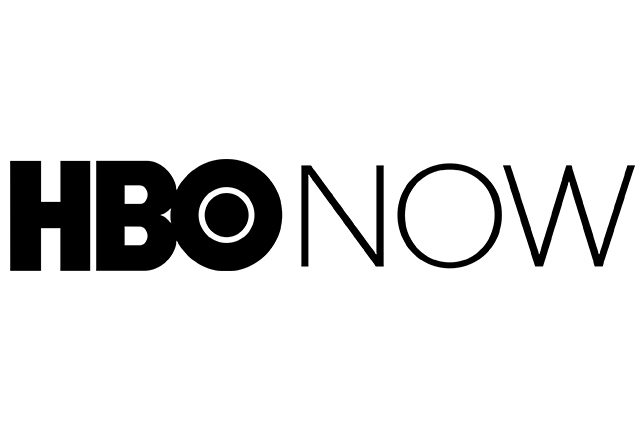
HBO Now is the internet version of HBO’s streaming service, and according to the consumer review site Best Company, which currently has HBO Now at 2 out of 5 stars after a multitude of reviews, it is because people are feeling like HBO Now is maybe being a little bit shady. A lot of the one star reviews complain that HBO Now offered them a one week free trial, but put a pending charge on their card before the free trial ended, and then even though they canceled before the end of the trial, the charge still went through. When they complained to the customer service department, they were told there was a “strict no refunds policy,” sometimes after getting the run-around through multiple emails.
HBO Now does have in the terms and agreements that people should cancel 24 hours before the end of the free trial to avoid being charged, but even if technically legal, it is understandable that people are angry. Most free trials allow you to at least cancel up until the very last minute, and most don’t bury that kind of consumer unfriendly nonsense in the fine print. And the better free trials (like Amazon Prime, for example) will even let you have your money back — sometimes days later — as long as you didn’t actually use the service past the free trial period. Not only that, but HBO Now charges $15 a month, which is much higher than many similar streaming platforms, so this was quite a surprise hit for a lot of people’s wallets.